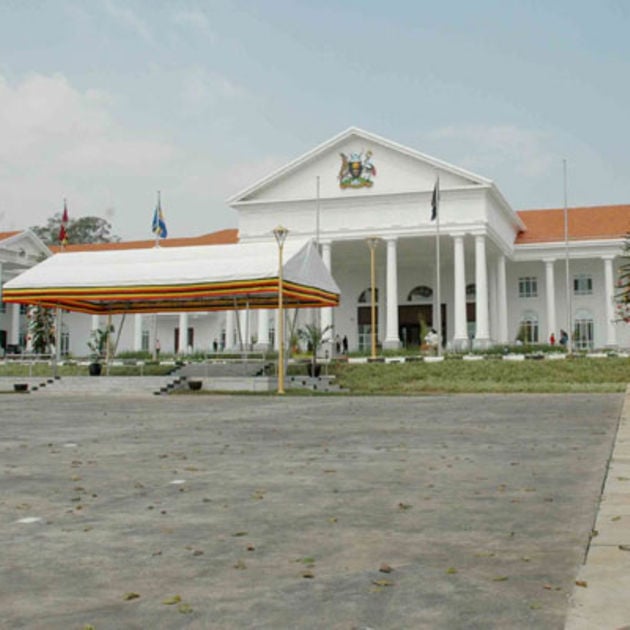Data obtained from the Finance Ministry and the Civil Society Budget Advocacy Group (CSBAG) reveals that budget allocations to sectors involved in public administration in Uganda have increased significantly over the past two decades.
The figures indicate a more than quadrupled outlay, rising from slightly over Shs465 billion in the Financial Year (FY) 2001/2002 to Shs2.7 trillion in FY 2020/2021.
The budget allocations are divided into three separate categories: public sector management, the legislature, and public administration. According to a source at the Finance Ministry, the allocation split is based on “status.”
However, Mr Julius Mukunda, the executive director of CSBAG, believes that the split is an attempt to conceal the high cost of public administration borne by Ugandan taxpayers.
In FY 2020/2021, the budget allocations were as follows: Shs677.7 billion for public sector management, Shs672.8 billion for the legislature, and Shs1.35 trillion for public administration.
This totaled Shs2.7 trillion, slightly less than the Shs2.788 trillion allocated to the health sector.
Notably, the allocation for public administration exceeded that of the agriculture sector, despite agriculture being the backbone of Uganda’s economy, contributing about 24 percent to the country’s Gross Domestic Product (GDP) and accounting for over half of the export earnings, according to World Bank figures.
The budget allocations for public sector management, the legislature, and public administration have been steadily increasing over the years.
For example, in FY 2008/2007, the allocation amounted to slightly over Shs645 billion, which rose to Shs2.36 trillion in FY 2016/2017.
In FY 2020/2021, while the allocation for public sector management decreased to Shs677.7 billion, the allocations for the legislature and public administration increased to Shs672.8 billion and Shs1.35 trillion, respectively.
The rise in the cost of public administration is not solely driven by the legislature but also includes the State House and the Office of the President.
The Office of the President reportedly spent Shs258.5 billion on staff salaries between FY 2015/2016 and FY 2022/2023.
Additionally, there are over 122 Resident District Commissioners (RDCs), each entitled to a salary of Shs2.2 million and Shs1.6 million in allowances, along with other perks.
Some sections of civil society have called for the abolition of the RDC office and a reduction in the size of Parliament and Cabinet. However, such actions would require constitutional amendments.
Dr. Chris Baryomunsi, the Information Communication Technology and National Guidance Minister, suggests that the focus should be on growing the economy and widening the tax base to raise adequate revenue for service delivery.
